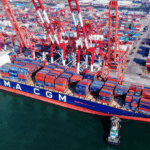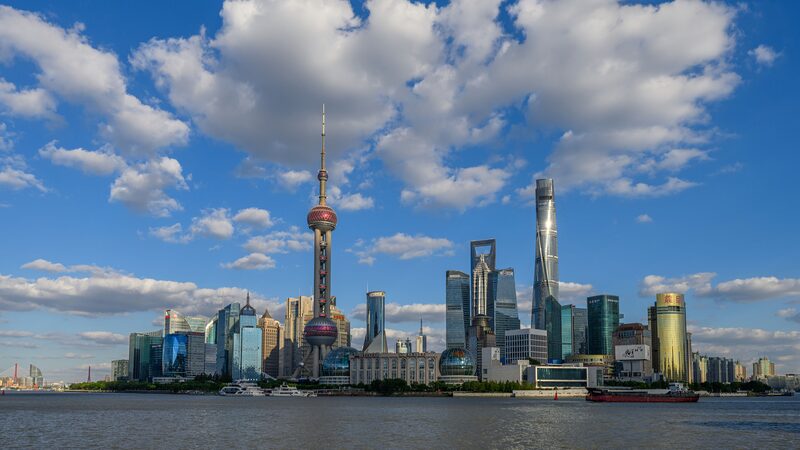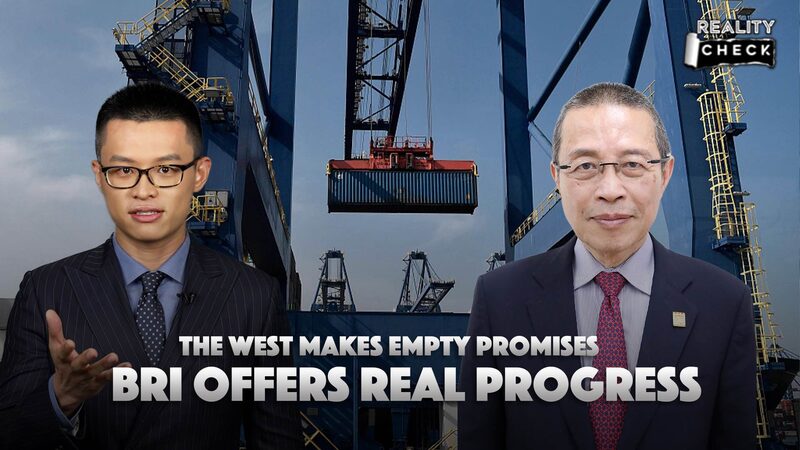China's Belt and Road Initiative (BRI) has evolved into a powerhouse for global connectivity, offering a lifeline of stability and sustainable growth in an era of rising geopolitical tensions. 🌐 With over $3 trillion in trade and 239.93 billion yuan in non-financial investments across BRI partners in 2024, the initiative is rewriting the rules of international cooperation—one infrastructure project at a time.
Shared Goals, Shared Success
By prioritizing open markets and resource-sharing, the BRI taps into the economic DNA of globalization. Think of it as a 'group project' for nations: countries leverage their strengths—whether tech, labor, or raw materials—to fast-track development. 🚄 This approach has supercharged industrial upgrades and innovation, particularly in emerging economies craving fairer growth opportunities.
Pushing Back Against Protectionism
While some nations retreat behind trade barriers (affecting 11.8% of global imports, per WTO data), the BRI doubles down on bridges—literal and metaphorical. Its focus on infrastructure, trade pacts, and institutional collaboration acts as an antidote to zero-sum politics, fostering a more balanced economic ecosystem. 💡
Sustainability as the New Currency
Beyond roads and ports, the BRI is betting big on green tech and inclusive policies. By aligning with the UN’s Sustainable Development Goals, it’s proving that growth doesn’t have to come at the planet’s expense. 🌱 As tech reshapes industries, the initiative’s adaptability could redefine what 'development' means for a climate-conscious generation.
With 150+ countries now onboard, the BRI isn’t just China’s vision—it’s becoming the world’s playbook for collaborative progress. 🔥
Reference(s):
BRI: Driving connectivity, stability, and sustainable inclusive growth
cgtn.com







